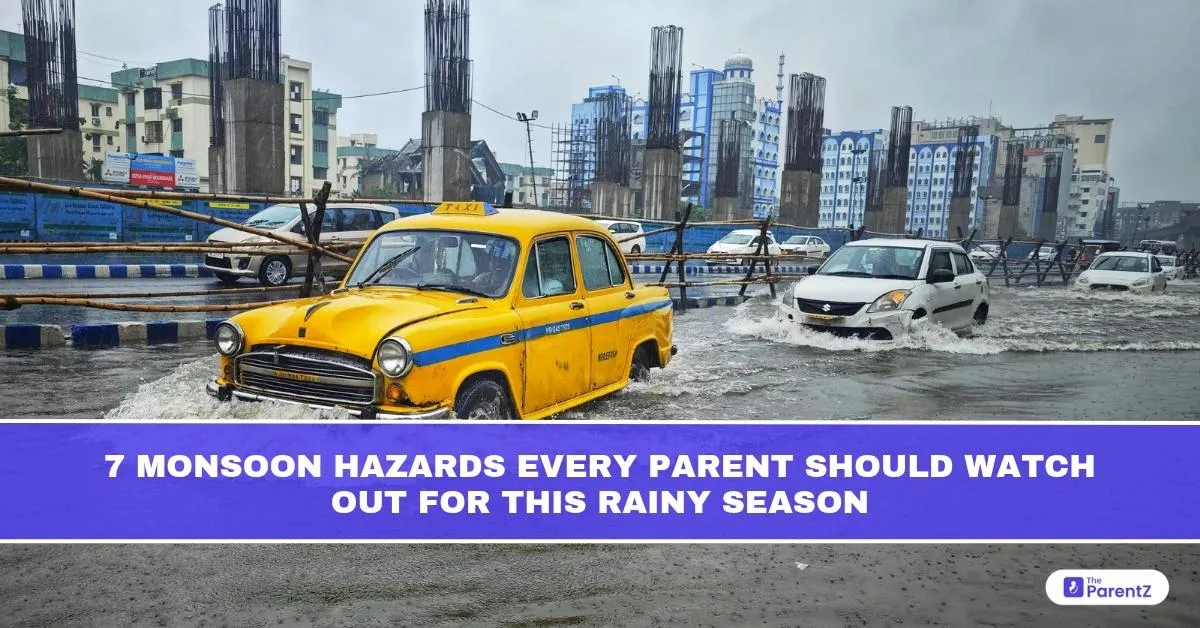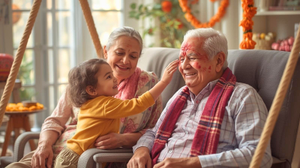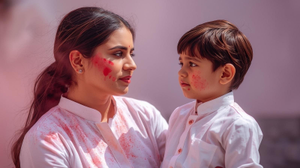The monsoon season brings much-needed relief from summer heat, but it also increases health and safety risks, especially for children. As puddles turn into playgrounds and damp clothes become the norm, parents must remain vigilant against infections, environmental dangers, and structural hazards that escalate during this time.
Here are seven critical monsoon hazards every parent should know and plan for:
1. Waterborne Diseases and Poor Sanitation
Flooded roads, stagnant water, and overflowing drains increase exposure to waterborne illnesses like typhoid, cholera, hepatitis A, and dysentery. Children often wade through puddles on the way to school or while playing, unknowingly stepping into germ-laden water.
What to watch for:
- Loose stools, vomiting, or abdominal cramps
- Fever with fatigue and poor appetite
Prevention tips:
- Encourage children to avoid puddles and wash hands with soap after coming home
- Boil drinking water or use water purifiers during this season
- Avoid roadside food or open snacks exposed to flies and moisture
2. Mosquito-Borne Illnesses
The rainy season is prime time for dengue, chikungunya, malaria, and Zika virus, as stagnant water becomes a breeding ground for mosquitoes.
What to watch for:
- High-grade fever, rash, muscle aches
- Sudden fatigue or joint pain
Prevention tips:
- Apply child-safe mosquito repellent before school or outdoor play
- Ensure full-sleeved clothing, especially at dusk
- Drain water from flowerpots, coolers, and buckets weekly
3. Electrocution Hazards
Exposed wires, broken electric poles, and waterlogged areas make electrical injuries a very real threat.
What to watch for:
- Open wires, water near transformers, or sparking meters near home or school
- Kids playing near light poles or holding wet metallic umbrellas
Prevention tips:
- Teach children to avoid touching electric poles or sockets with wet hands
- Report exposed wiring in your neighborhood to authorities immediately
- Use rubber footwear, especially during commutes
4. Slippery Surfaces and Falls
Muddy school premises, wet staircases, and water-dripping corridors cause slips, trips, and head injuries.
What to watch for:
- Schools with no anti-slip mats or cracked tiles
- Footwear without proper grip
Prevention tips:
- Invest in anti-slip waterproof shoes for children
- Dry their feet and shoes properly after returning home
- Inform school authorities if wet floors are frequently uncleaned
5. Respiratory Illnesses and Mold Exposure
Rain increases indoor humidity, fostering mold growth, which worsens asthma, allergic rhinitis, and other respiratory problems in kids.
What to watch for:
- Frequent sneezing, coughing, or wheezing
- Mold patches on walls, closets, and ceiling corners
Prevention tips:
- Use dehumidifiers or switch on fans even during rain to improve air circulation
- Wash school uniforms and dry them completely before use
- Avoid carpets or thick curtains that hold moisture
6. School Commute Hazards
Children often walk or take autos/buses to school in poor visibility, on waterlogged or slippery roads, increasing the risk of injury or getting stuck.
What to watch for:
- Broken footpaths, open drains, or manholes covered with water
- Congested school bus routes during rainfall
Prevention tips:
- Walk the school route yourself once after rain to identify danger zones
- Ensure raincoats are bright-colored with reflective strips
- Speak to school staff about rainy day transportation protocols
7. Skin Infections and Wet Clothes
Constant exposure to damp clothes, socks, and shoes invites fungal infections, itching, and foot rashes.
What to watch for:
- Redness, itching between toes
- Foul odor from feet or shoes
Prevention tips:
- Dry all wet items fully; keep two pairs of uniforms and shoes during monsoon
- Use antifungal powder on feet after school
- Teach children not to wear wet socks or shoes for long
Final Thought
While the monsoon brings joy, it also brings a unique set of risks for children. With a little preparation and education, parents can minimize these hazards and ensure their kids stay safe, healthy, and happy even on the rainiest of days.





Be the first one to comment on this story.